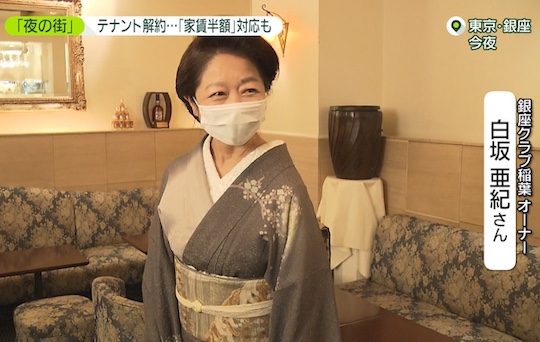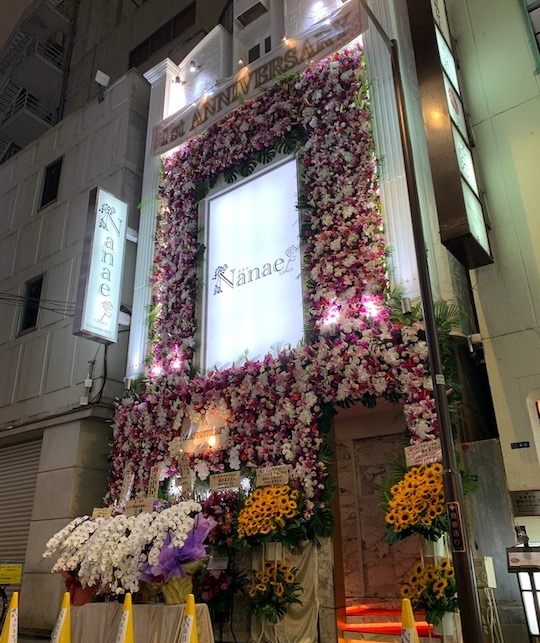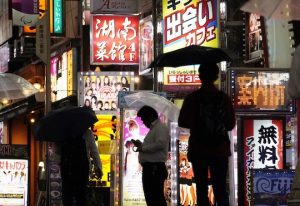As crowdfunding campaign launched for Ginza, hostess club sterilizes walls for a year to combat coronavirus
Hostess clubs are really suffering in the new normal that is living with the coronavirus.
People are understandably wary of spending prolonged periods inside small bars and clubs running up a hefty drinks tab — even when the company of beautiful women is included. Given the proximity required for the experience, face masks — even ones specifically designed for hostesses — are not likely to reassure moneyed clients.
Host clubs have particularly faced media scrutiny as the cause of several coronavirus infection clusters, though are now working with the Shinjuku government to increase testing.
With hostess clubs, especially the most prestigious and high-end ones in the district of Ginza, there is a small matter of pride to overcome. These women see themselves as modern-day geisha but income at the clubs has completely collapsed while their eye-watering rents still have to be paid if they want to remain in business. The hostesses are basically self-employed rather than not salaried employees. There’s no furlough system for them; the women have zero income if the club is closed or patrons stop visiting.

A “save Ginza” crowdfunding scheme to sell advance tickets to Ginza restaurants has failed to catch on. The campaign was launched by a team that includes Aki Shirasaka, a famous hostess club mama. When sharing information on the project on Twitter, Mulboyne insightfully noted that:
Very little about the Ginza hostess club business plan makes sense in a COVID-19 world. Clubs have a variety of clientele, depending on the mamasan’s network of contacts. Some cater a lot to celebrities. Shirasaka seems to have had a large number of businessmen.
Perhaps one reason Ginza noticed old regulars weren’t showing new customers the ropes is that business practices have changed. Expense accounts pay a lot of bills in Ginza, and not all companies are happy to foot the bills any more.
Also, in many walks of life now, customers have to declare the value of gifts or entertainment. This is to guard against solicitation or bribery. Executives soon lose the habit of going to clubs when their clients can’t go any more, and they can’t get the company to pay.
With coronoavirus limiting business contacts, corporate entertainment has all but ground to a halt. Even when it does restart, you wonder whether firms will want their executives hitting the hostess clubs to the same extent, if at all.
In the same thread, Mulboyne introduced the example of Nanae Karasawa, who has pushed for glitzier type of hostess club that is aimed at self-made men who want a lavish and accessible place to drink, rather than the more discreet club favored by regular business executives on expense accounts.

Karasawa’s club, called simply Nanae, has posted a video showing the sterilization procedure it has undergone ahead of reopening. Apparently the sterilizer on the walls is good for a whole year.
Again, Mulboyne’s observation is sharp: “She says the coating is guaranteed for a year, so I suppose you can lick the wall whenever you fancy. Shame if there’s an infected person talking in your face”














